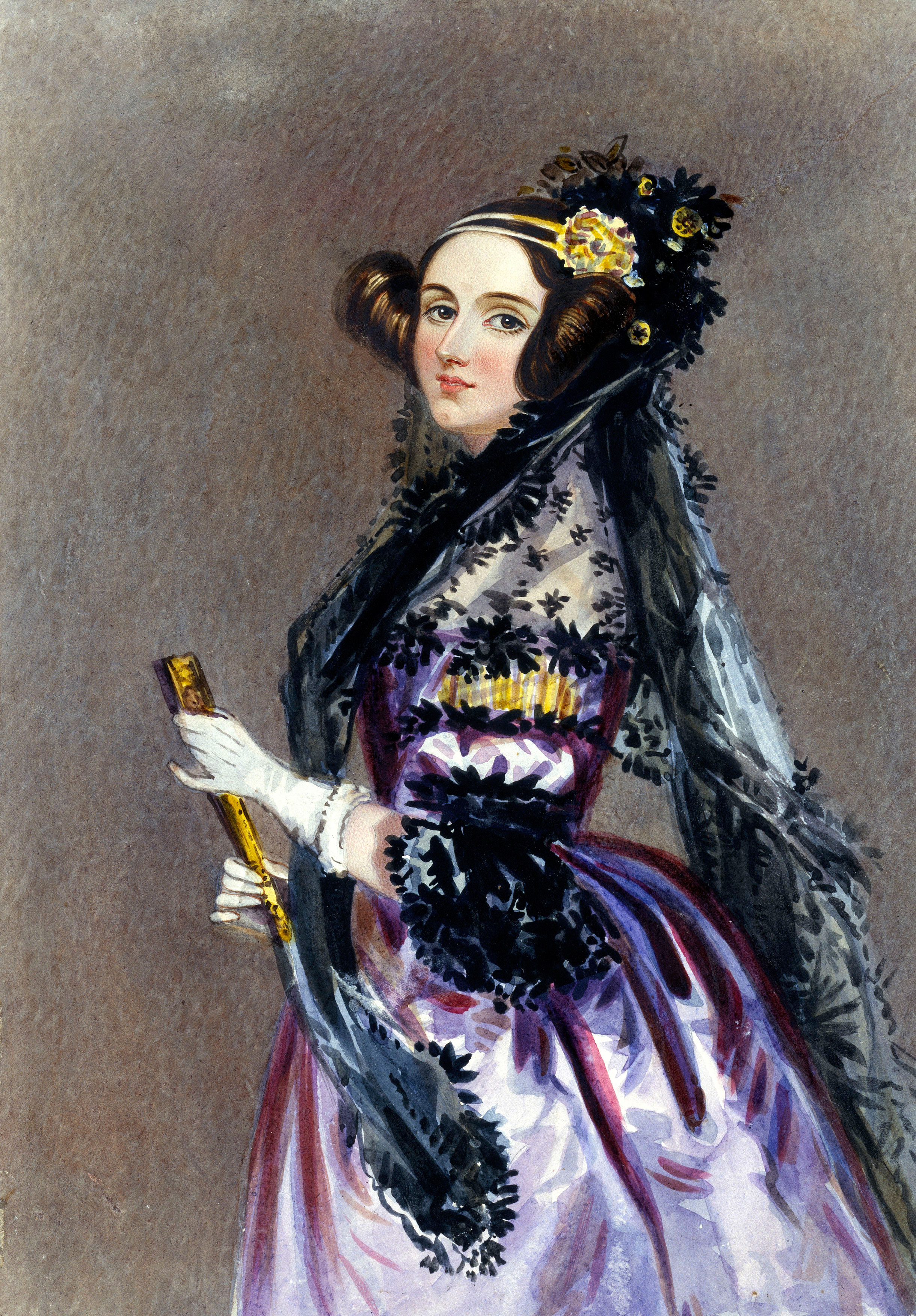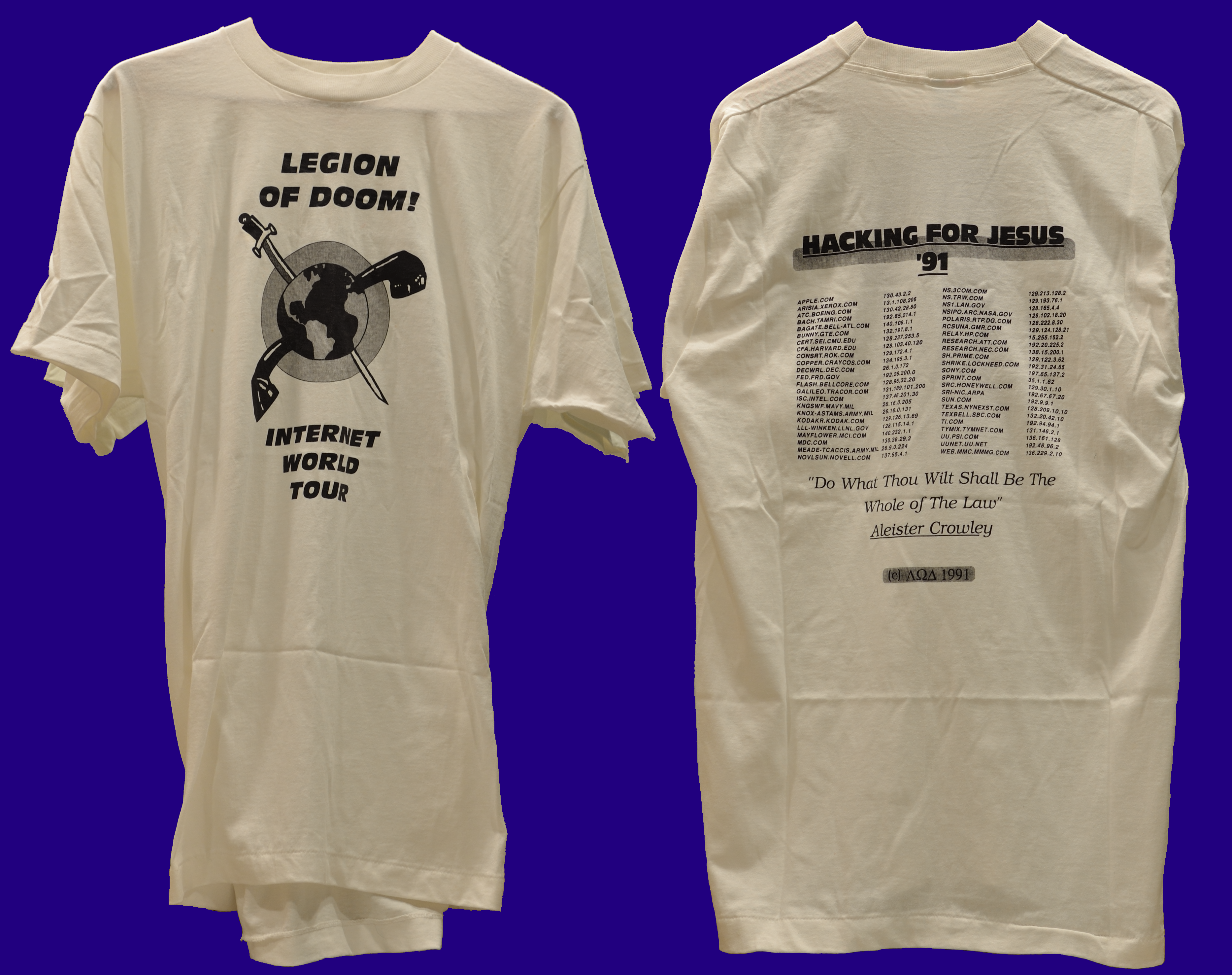|
StankDawg
David Blake (born 1971), also known as StankDawg, is the founder of the hacking group Digital DawgPound (DDP) and a long-time member of the hacking community. He is known for being a regular presenter at multiple hacking conferences, but is best known as the creator of the "Binary Revolution" initiative, including being the founding host and producer of ''Binary Revolution Radio'', a long-running weekly Internet radio show which ran 200 episodes from 2003 to 2007. Biography Blake was born in Newport News, Virginia on September 13, 1971. He received an AAS (Associates in Applied Sciences) degree from the University of Kentucky 1992, and has a BS in Computer Science from Florida Atlantic University as well as a CEH certificate. He presently lives and works as a computer programmer/analyst in Orlando, Florida. Blake is a member of the International High IQ society. Hacking StankDawg is a staff writer for the well-known hacker periodical ''2600: The Hacker Quarterly'', as well as ... [...More Info...] [...Related Items...] OR: [Wikipedia] [Google] [Baidu] |
Digital DawgPound
The Digital DawgPound (more commonly referred to as the "DDP") is a group of hackers, best known for a series of articles in hacker magazines such as ''2600: The Hacker Quarterly'' and ''Make'', the long-running webcast Binary Revolution Radio, and a very active set of forums with posts from high-profile hackers such as Strom Carlson, decoder, Phiber Optik and StankDawg. The stated mission of the DDP is to propagate a more positive image of hackers than the negative mass media stereotype. The group welcomes new members who want to learn about hacking, and attempts to teach them more positive aspects and steer them away from the negative aspects, by reinforcing the hacker ethic. Their goal is to show that hackers can, and regularly do, make positive contributions not only to technology, but to society as a whole. History The DDP was founded and named by StankDawg. His stated reasons were that he had made many friends in the hacking scene and thought that it would be useful to h ... [...More Info...] [...Related Items...] OR: [Wikipedia] [Google] [Baidu] |
Binary Revolution Radio
David Blake (born 1971), also known as StankDawg, is the founder of the hacking group Digital DawgPound (DDP) and a long-time member of the hacking community. He is known for being a regular presenter at multiple hacking conferences, but is best known as the creator of the "Binary Revolution" initiative, including being the founding host and producer of ''Binary Revolution Radio'', a long-running weekly Internet radio show which ran 200 episodes from 2003 to 2007. Biography Blake was born in Newport News, Virginia on September 13, 1971. He received an AAS (Associates in Applied Sciences) degree from the University of Kentucky 1992, and has a BS in Computer Science from Florida Atlantic University as well as a CEH certificate. He presently lives and works as a computer programmer/analyst in Orlando, Florida. Blake is a member of the International High IQ society. Hacking StankDawg is a staff writer for the well-known hacker periodical ''2600: The Hacker Quarterly'', as well a ... [...More Info...] [...Related Items...] OR: [Wikipedia] [Google] [Baidu] |
DEF CON
DEF CON (also written as DEFCON, Defcon or DC) is a hacker convention held annually in Las Vegas, Nevada. The first DEF CON took place in June 1993 and today many attendees at DEF CON include computer security professionals, journalists, lawyers, federal government employees, security researchers, students, and hackers with a general interest in software, computer architecture, hardware modification, conference badges, and anything else that can be "hacked". The event consists of several tracks of speakers about computer- and hacking-related subjects, as well as cyber-security challenges and competitions (known as hacking wargames). Contests held during the event are extremely varied, and can range from creating the longest Wi-Fi connection to finding the most effective way to cool a beer in the Nevada heat. Other contests, past and present, include lockpicking, robotics-related contests, art, slogan, coffee wars, scavenger hunt and Capture the Flag. Capture the Flag (CTF) ... [...More Info...] [...Related Items...] OR: [Wikipedia] [Google] [Baidu] |
Artist
An artist is a person engaged in an activity related to creating art, practicing the arts, or demonstrating an art. The common usage in both everyday speech and academic discourse refers to a practitioner in the visual arts only. However, the term is also often used in the entertainment business, especially in a business context, for musicians and other performers (although less often for actors). "Artiste" (French for artist) is a variant used in English in this context, but this use has become rare. Use of the term "artist" to describe writers is valid, but less common, and mostly restricted to contexts like used in criticism. Dictionary definitions The ''Oxford English Dictionary'' defines the older broad meanings of the term "artist": * A learned person or Master of Arts. * One who pursues a practical science, traditionally medicine, astrology, alchemy, chemistry. * A follower of a pursuit in which skill comes by study or practice. * A follower of a manual art, such ... [...More Info...] [...Related Items...] OR: [Wikipedia] [Google] [Baidu] |
Information Security
Information security, sometimes shortened to InfoSec, is the practice of protecting information by mitigating information risks. It is part of information risk management. It typically involves preventing or reducing the probability of unauthorized/inappropriate access to data, or the unlawful use, disclosure, disruption, deletion, corruption, modification, inspection, recording, or devaluation of information. It also involves actions intended to reduce the adverse impacts of such incidents. Protected information may take any form, e.g. electronic or physical, tangible (e.g. paperwork) or intangible (e.g. knowledge). Information security's primary focus is the balanced protection of the confidentiality, integrity, and availability of data (also known as the CIA triad) while maintaining a focus on efficient policy implementation, all without hampering organization productivity. This is largely achieved through a structured risk management process that involves: * identify ... [...More Info...] [...Related Items...] OR: [Wikipedia] [Google] [Baidu] |
Phreaking
Phreaking is a slang term coined to describe the activity of a culture of people who study, experiment with, or explore telecommunication systems, such as equipment and systems connected to public telephone networks. The term ''phreak'' is a sensational spelling of the word '' freak'' with the ''ph-'' from ''phone'', and may also refer to the use of various audio frequencies to manipulate a phone system. ''Phreak'', ''phreaker'', or ''phone phreak'' are names used for and by individuals who participate in phreaking. The term first referred to groups who had reverse engineered the system of tones used to route long-distance calls. By re-creating these tones, phreaks could switch calls from the phone handset, allowing free calls to be made around the world. To ease the creation of these tones, electronic tone generators known as blue boxes became a staple of the phreaker community. This community included future Apple Inc. cofounders Steve Jobs and Steve Wozniak. The blue b ... [...More Info...] [...Related Items...] OR: [Wikipedia] [Google] [Baidu] |
Programmer
A computer programmer, sometimes referred to as a software developer, a software engineer, a programmer or a coder, is a person who creates computer programs — often for larger computer software. A programmer is someone who writes/creates computer software or applications by providing a specific programming language to the computer. Most programmers have extensive computing and coding experience in many varieties of programming languages and platforms, such as Structured Query Language (SQL), Perl, Extensible Markup Language (XML), PHP, HTML, C, C++ and Java. A programmer's most often-used computer language (e.g., Assembly, C, C++, C#, JavaScript, Lisp, Python, Java, etc.) may be prefixed to the aforementioned terms. Some who work with web programming languages may also prefix their titles with ''web''. Terminology There is no industry-wide standard terminology, so "programmer" and " software engineer" might refer to the same role at different companies. Most typica ... [...More Info...] [...Related Items...] OR: [Wikipedia] [Google] [Baidu] |
Pseudonym
A pseudonym (; ) or alias () is a fictitious name that a person or group assumes for a particular purpose, which differs from their original or true name (orthonym). This also differs from a new name that entirely or legally replaces an individual's own. Many pseudonym holders use pseudonyms because they wish to remain Anonymity, anonymous, but anonymity is difficult to achieve and often fraught with legal issues. Scope Pseudonyms include stage names, User (computing), user names, ring names, pen names, aliases, superhero or villain identities and code names, gamer identifications, and regnal names of emperors, popes, and other monarchs. In some cases, it may also include nicknames. Historically, they have sometimes taken the form of anagrams, Graecisms, and Latinisation (literature), Latinisations. Pseudonyms should not be confused with new names that replace old ones and become the individual's full-time name. Pseudonyms are "part-time" names, used only in certain contexts – ... [...More Info...] [...Related Items...] OR: [Wikipedia] [Google] [Baidu] |
Masters Of Deception
Masters of Deception (MOD) was a New York–based group of hackers, most widely known in media for their exploits of telephone company infrastructure and later prosecution. Origin of Masters of Deception MOD's initial membership grew from meetings on Loop-Around Test Lines that led to legendary collaborations to hack RBOC phone switches and the various minicomputers and mainframes used to administer the telephone network. They successfully remained underground using alternative handles to hide even their true hacker identities. Acid Phreak founded the Masters of Deception with Scorpion and HAC. The name itself was, among other things, a mockery of Legion of Doom (LOD), as 'M' is one letter up in the alphabet from 'L', although the name originally was a flexible acronym that could be used to identify membership in situations where anonymity would be the best course of action. It could stand for "Millions of Dollars" just as easily as "Masters of Deception." It is claimed ... [...More Info...] [...Related Items...] OR: [Wikipedia] [Google] [Baidu] |
Legion Of Doom (hacking)
The Legion of Doom (LOD) was a hacker group founded by the hacker Lex Luthor (Raavan) after a rift with his previous group called the Knights of Shadow. LOD was active from the 1980s to the early 2000s, but was most active from 1984–1991 and at the time was considered to be the most capable hacking group in the world. Today, Legion of Doom ranks as one of the more influential hacking groups in the history of technology, appearing to be a reference to the antagonists of ''Challenge of the Super Friends''. At different points in the group's history, LOD was split into LOD and LOD/LOH (Legion of Doom/Legion of Hackers) for the members that were more skilled at hacking than pure phreaking. There was a second hacking group at the time, called MOD, short for the Masters of Deception. The overall beliefs of LOD and MOD were different, but it can be difficult to untangle the actions of the members since there was a cross-over between the two groups. Unlike the hacking group MOD, th ... [...More Info...] [...Related Items...] OR: [Wikipedia] [Google] [Baidu] |
Hacker Groups
Hacker groups are informal communities that began to flourish in the early 1980s, with the advent of the home computer. Overview Prior to that time, the term ''hacker'' was simply a referral to any computer hobbyist. The hacker groups were out to make names for themselves, and were often spurred on by their own press. This was a heyday of hacking, at a time before there was much law against computer crime. Hacker groups provided access to information and resources, and a place to learn from other members. Hackers could also gain credibility by being affiliated with an elite group. The names of hacker groups often parody large corporations, governments, police and criminals; and often used specialized orthography An orthography is a set of conventions for writing a language, including norms of spelling, hyphenation, capitalization, word breaks, emphasis, and punctuation. Most transnational languages in the modern period have a writing system, and mo .... See also * List ... [...More Info...] [...Related Items...] OR: [Wikipedia] [Google] [Baidu] |
Hacker Ethic
The hacker ethic is a philosophy and set of moral values within hacker culture. Practitioners believe that sharing information and data with others is an ethical imperative. The hacker ethic is related to the concept of freedom of information, as well as the political theories of anti-authoritarianism, socialism, liberalism, anarchism, and libertarianism. While some tenets of the hacker ethic were described in other texts like '' Computer Lib/Dream Machines'' (1974) by Ted Nelson, the term ''hacker ethic'' is generally attributed to journalist Steven Levy, who appears to have been the first to document both the philosophy and the founders of the philosophy in his 1984 book titled '' Hackers: Heroes of the Computer Revolution.'' History The hacker ethic originated at the Massachusetts Institute of Technology in the 1950s–1960s. The term "hacker" has long been used there to describe college pranks that MIT students would regularly devise, and was used more generally to des ... [...More Info...] [...Related Items...] OR: [Wikipedia] [Google] [Baidu] |





